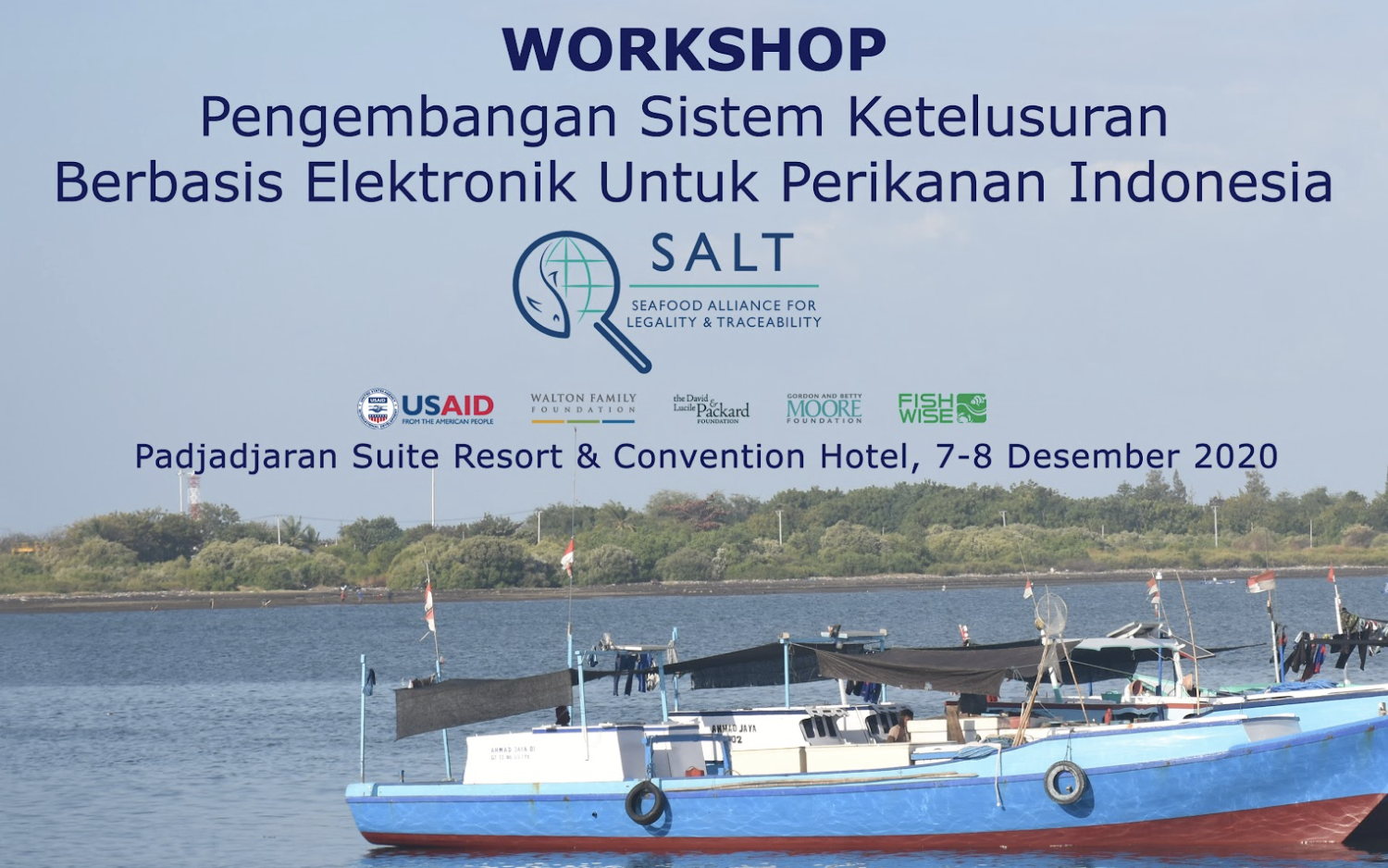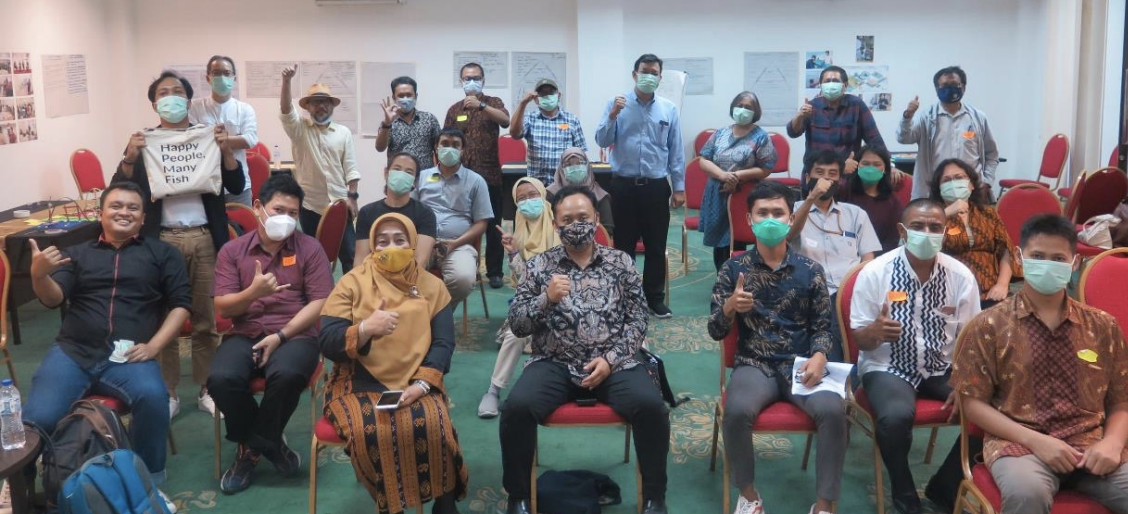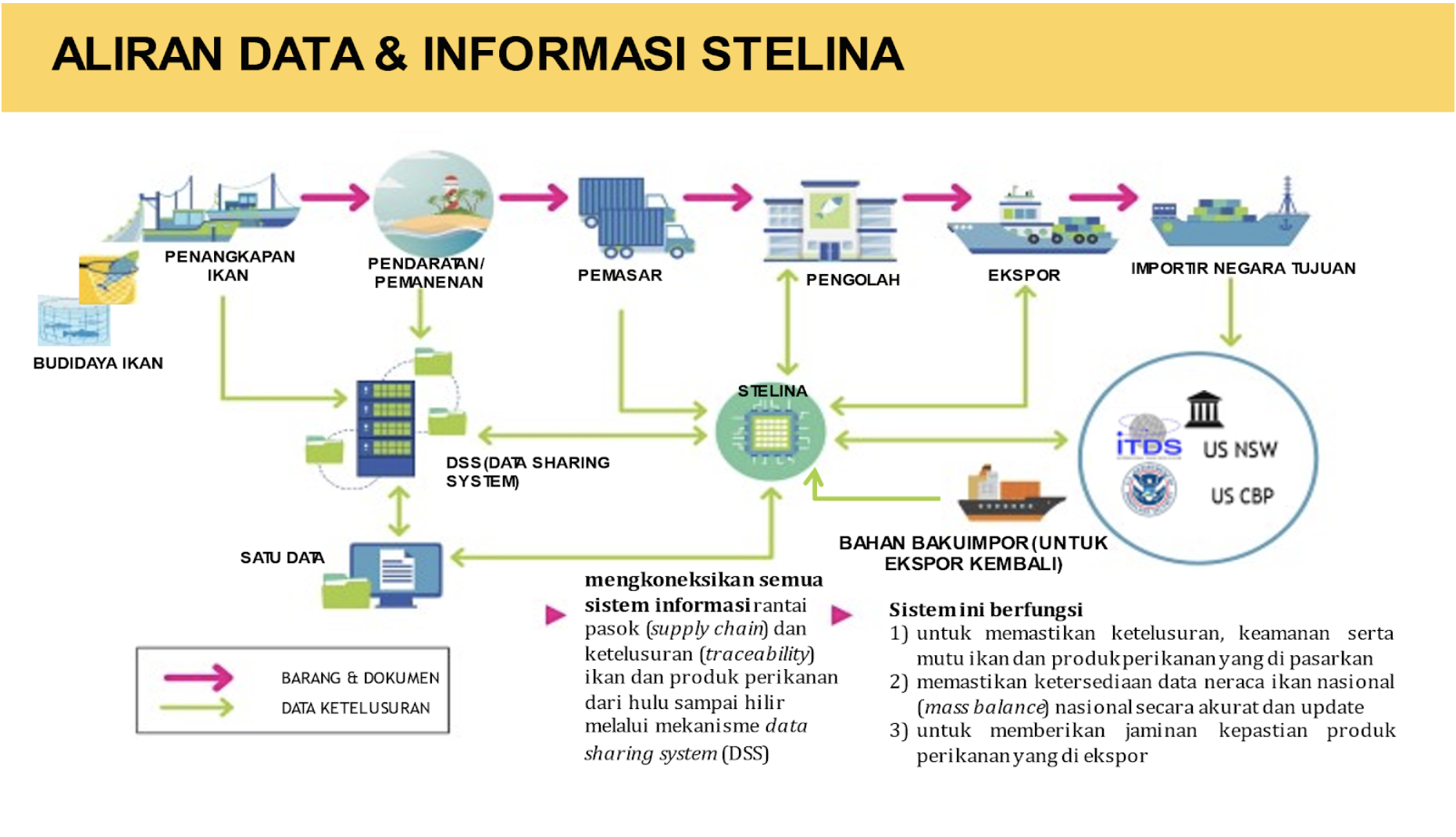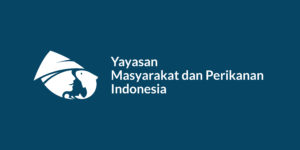
SALT Grantee Final Update: MDPI Co-Design Workshop on Emerging Traceability Technology for Indonesian Fishery Supply Chains
In 2020, SALT initiated a small grants program to expand our learning opportunities in the field of electronic traceability globally. One of SALT’s small grant recipients, Masyarakat dan Perikanan Indonesia (MDPI), in partnership with the Directorate General of Strengthening Competitiveness of Marine and Fishery Products (PDSKP) at the Ministry of Marine Affairs and Fisheries, conducted a learning event for the seafood industry, technology providers, NGO, and government stakeholders in Bogor, Java. The workshop attendees reviewed and co-designed pathways to strengthen stakeholder collaboration and to improve the interoperability of existing systems. We are excited to share some of the takeaways from the workshop.
Indonesia’s Traceability Journey
Indonesia is one of the largest seafood producing countries globally, with high-value exports to the United States, Japan, and the European Union and a thriving domestic market for local consumption. Over the last five years, Indonesia has increased compliance with traceability and transparency initiatives, largely driven by export demand. Given the characteristics of Indonesian fisheries—long and complex supply chains with various stakeholders and data requirements—data collection (from the point of landing to export) can be challenging.
Some fishing industries and governments have begun to use electronic documentation and recording systems to increase demand for transparency within supply chains. The Ministry of Marine Affairs and Fisheries (MMAF) has tasked its Strengthening the Competitiveness of Marine Products Division (PDSPKP) with developing and streamlining an electronic catch data technology platform known as STELINA. In 2019, MDPI co-hosted a workshop with PDSPKP to identify challenges and opportunities in developing electronic traceability systems for the fishing industry. The workshop was successful and identified challenges and potential solutions related to traceability technology. One of the next steps was to host a follow-up workshop to strengthen stakeholder collaboration and discuss interoperability—connecting existing traceability systems for better data collection and exchange.
The National Fish Traceability and Stock System (SRELINA)
The Indonesia Ministry of Marine Affairs and Fisheries (MMAF) launched the system in August 2018 to accommodate and comply with international market requirements. STELINA is a downstream, government-hosted traceability system led by the Director-General of Product Competitiveness of the MMAF. In addition to housing traceability data captured throughout Indonesia’s fisheries, STELINA synthesizes data from more than ten existing systems that host fisheries information. STELINA also operates with high interoperability, allowing data exchange between the system of the MMAF and external systems of the private sector (e.g., processing companies).
To learn more, visit USAID Ocean’s article, “Indonesia Continues Progress in Pursuit of End-to-End Seafood Traceability.”

The Follow-up Workshop: Co-Design Workshop on Emerging Traceability Technology for Indonesian Fishery Supply Chains
MDPI and PDSPKP hosted a follow-up workshop In December 2020, with support from SALT and USAID, with three primary objectives:
- To strengthen stakeholder understanding of the requirements, benefits, challenges, and methods for achieving comprehensive and electronic traceability;
- To strengthen stakeholder collaboration and information-sharing networks with the shared vision of achieving full chain traceability;
- To further identify and refine the requirements (in terms of cost, equipment, and human capital) for developing and connecting traceability systems in Indonesia.
To learn the outcomes of this workshop, please visit the page below.
The second workshop generated many tangible next steps, one of which was a follow-up meeting to create a STELINA 2021-2024 roadmap. That meeting was held in June 2021, and the Ministry of Marine Affairs and Fisheries (KKP) adopted the roadmap. Below, MDPI described how STELINA is becoming an essential part of Indonesia’s traceability initiatives.

Originally published in Bahasa Indonesia, MDPI’s article explores challenges and opportunities in Indonesia’s traceability initiatives and shares STELINA’s implementation action plan for 2021-2024. To read more about the recent development around STELINA, please visit the article (in English and Bahasa Indonesia):
SALT’s Next Step in Indonesia
After completing the small grantee contract, MDPI and SALT joined the First Movers Forum in August 2021. First Movers Forum is a collaborative initiative that aims to improve and promote innovative solutions for electronic monitoring and electronic catch-documentation and traceability (eCDT) among Indonesian fisheries, organized by International Pole and Line Foundation (IPNLF). SALT will continue collaborating with MMAF and like-minded organizations in the region to promote electronic traceability to bring ecological, social, and economic benefits to the fisheries and coastal communities in Indonesia.
To learn more about the First Movers Forum, please visit here.

